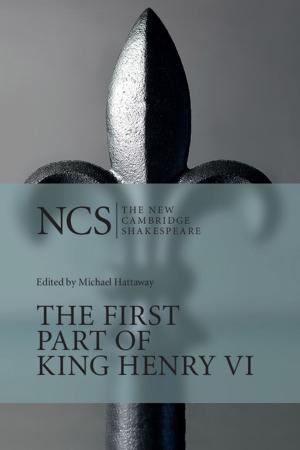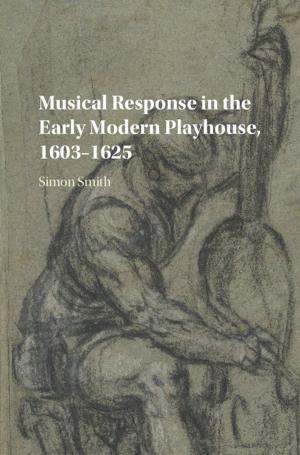Stephen Crane
The Contemporary Reviews
Fiction & Literature, Literary Theory & Criticism, American, Anthologies| Author: | George Monteiro | ISBN: | 9780511700354 |
| Publisher: | Cambridge University Press | Publication: | August 13, 2009 |
| Imprint: | Cambridge University Press | Language: | English |
| Author: | George Monteiro |
| ISBN: | 9780511700354 |
| Publisher: | Cambridge University Press |
| Publication: | August 13, 2009 |
| Imprint: | Cambridge University Press |
| Language: | English |
Stephen Crane (1871–1900) was a controversial figure in American literature and journalism. In a literary career that lasted a mere decade he produced short stories, novellas, novels and poetry for which he was both lauded and reviled. With The Red Badge of Courage he entered the American canon. Despite Crane's lack of experience of war at the time of the novel's composition, it is a classic of realist war fiction. This book presents a representative selection of the reviews of Stephen Crane's books, beginning with the publication of his first novel, Maggie: A Girl of the Streets (1893), through the posthumously published last novel, The O'Ruddy (1903). Many of the reviews will be new to Crane scholars. The volume offers readers an insight into how Crane's reputation was formed and how it changed during his lifetime, ending with the shifts in emphasis upon his early death.
Stephen Crane (1871–1900) was a controversial figure in American literature and journalism. In a literary career that lasted a mere decade he produced short stories, novellas, novels and poetry for which he was both lauded and reviled. With The Red Badge of Courage he entered the American canon. Despite Crane's lack of experience of war at the time of the novel's composition, it is a classic of realist war fiction. This book presents a representative selection of the reviews of Stephen Crane's books, beginning with the publication of his first novel, Maggie: A Girl of the Streets (1893), through the posthumously published last novel, The O'Ruddy (1903). Many of the reviews will be new to Crane scholars. The volume offers readers an insight into how Crane's reputation was formed and how it changed during his lifetime, ending with the shifts in emphasis upon his early death.















